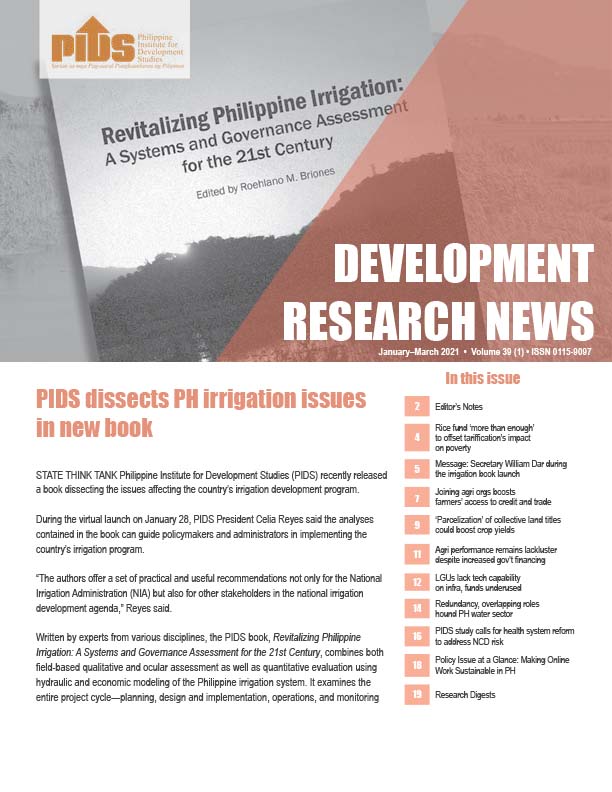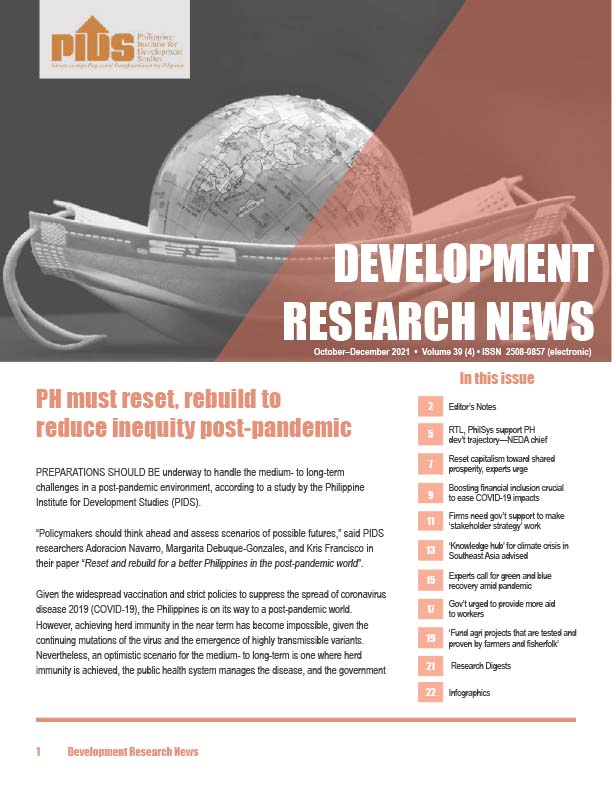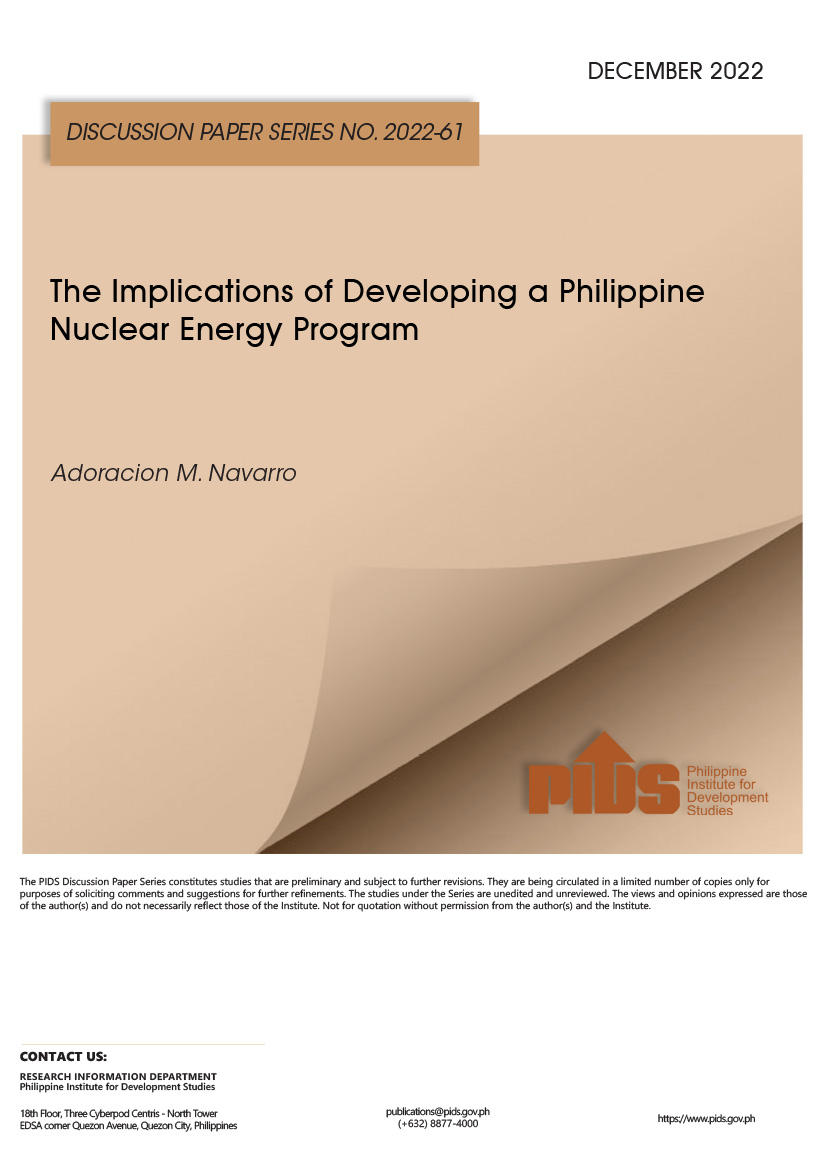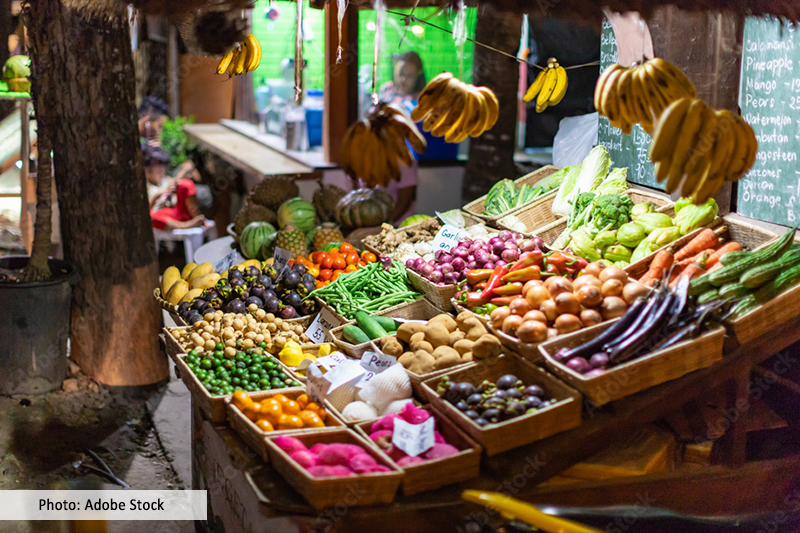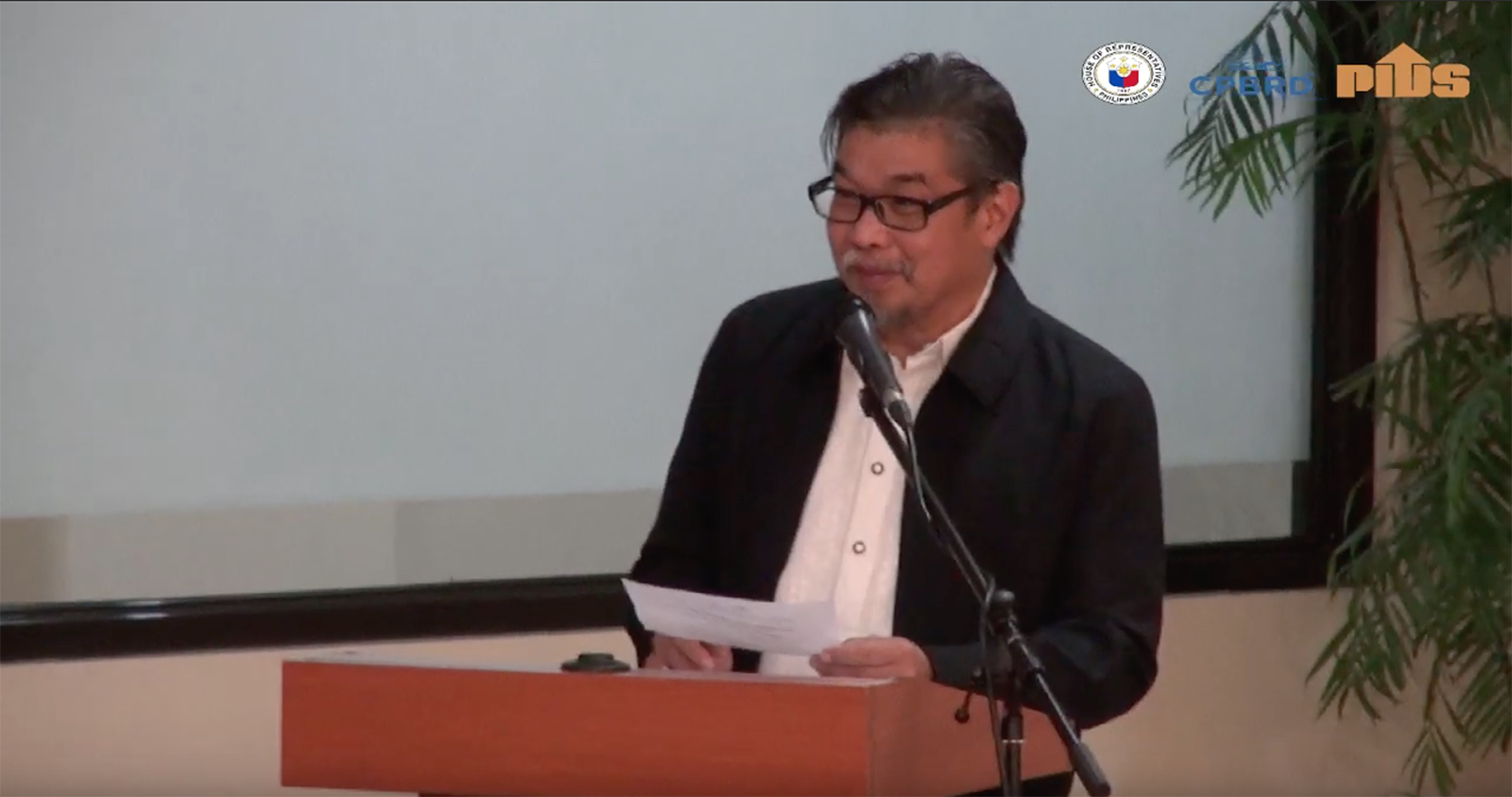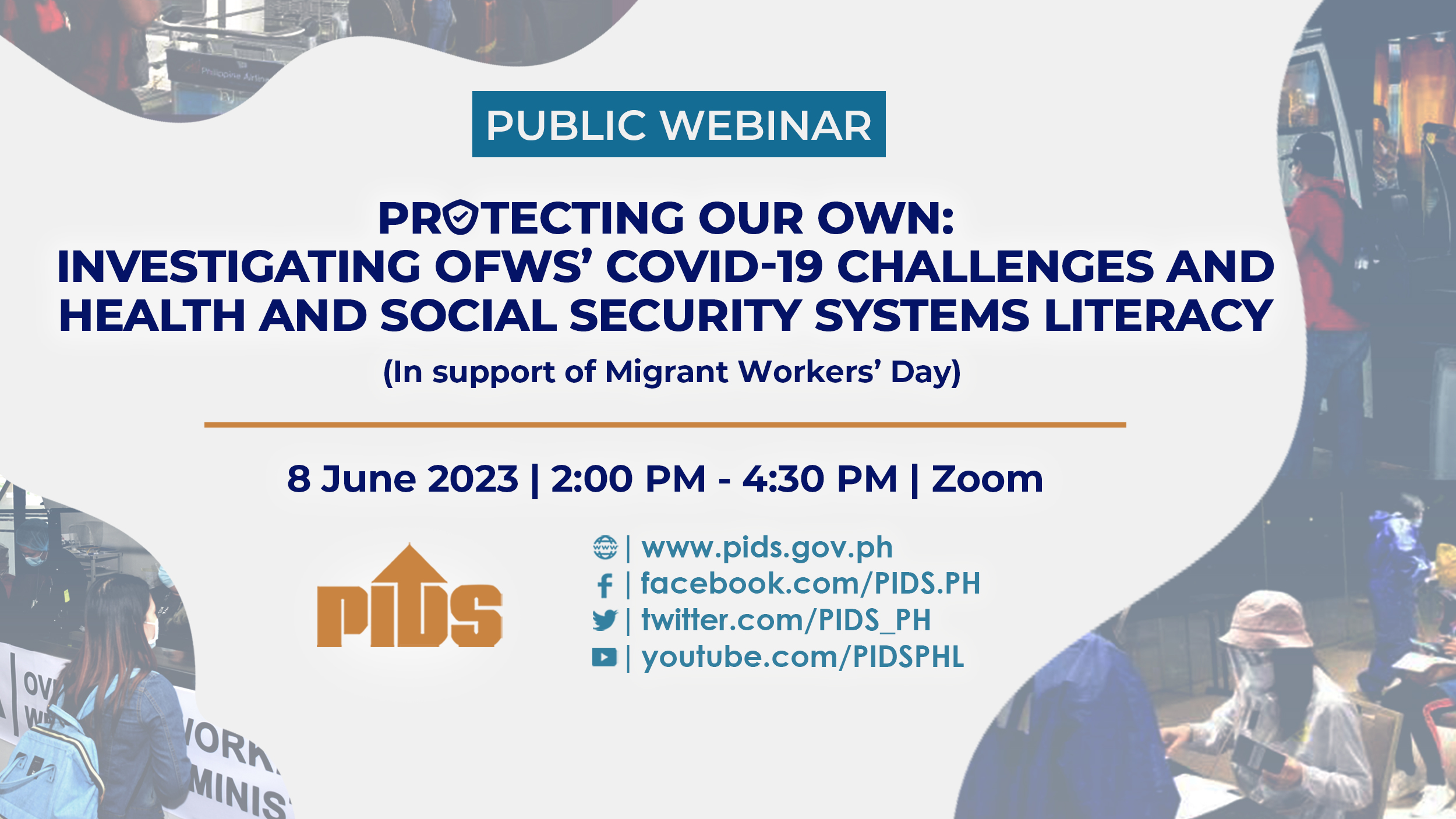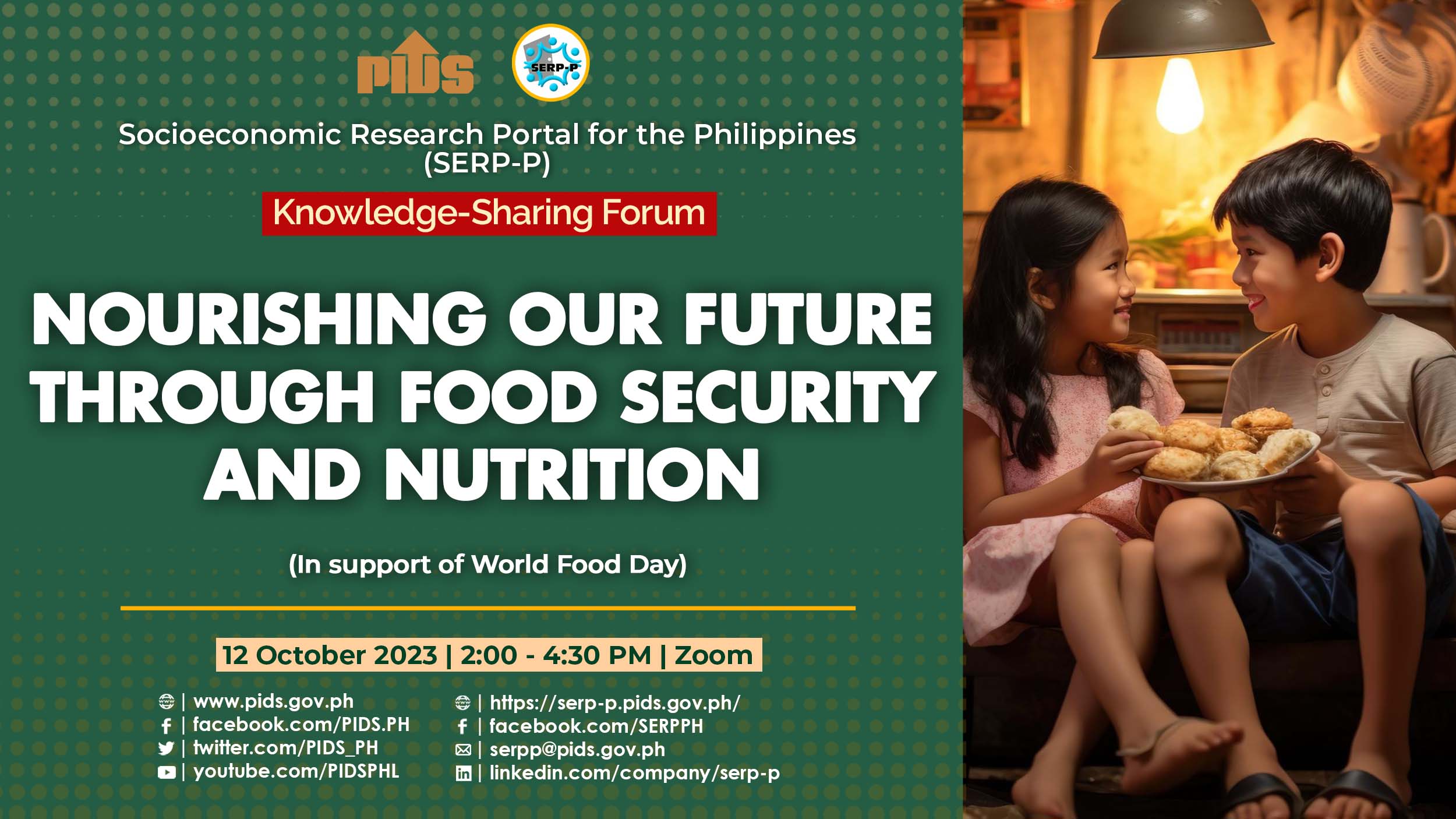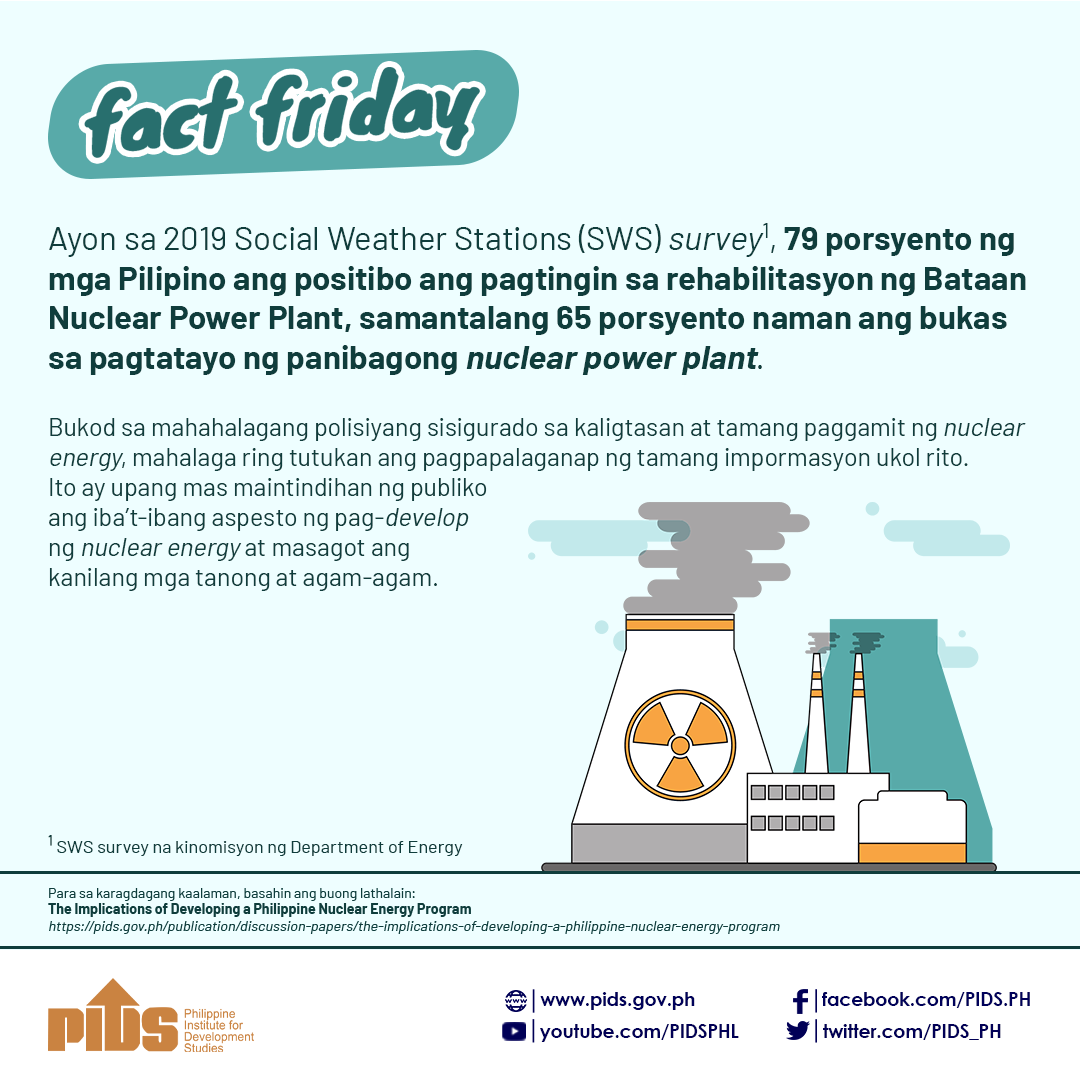Our politicians keep on talking about the need for food security to justify the failed policy of subsidizing NFA. Now, NFA’s total debts are more than our national defense budget. Our rice policy that favors traders with government connections has also resulted in higher cost of food overall that reduces the competitiveness of our industrial labor costs in comparison with our regional neighbors.
The real food security problem, Kiko Pangilinan recently told me, has to do with our farmers becoming an endangered species, so to speak. According to Pangilinan, the average age of farmers is 57, only a few years away from the mandatory retirement age of 60 to 65.
According to Kiko, "a new generation of Filipinos refuses to go to rice farming and that is a threat to food security... When a new generation refuses to farm, who will feed the people?” Pangilinan asked.
But who can blame the next generation for refusing to be rice farmers like their fathers? They saw how being a rice farmer condemned their parents to poverty. We have failed to make rice farming profitable for the farmer, or even give them a decent living. It’s not surprising their children would rather take their chances in the squatter communities in the urban areas.
Los Banos-based Ciel Habito, who was FVR’s NEDA chief, wrote in his column that many of our rice farmers might do better than continue to plant rice. They should, he said, "consider planting something more remunerative than rice, especially if the lands they are tilling are less suited to rice anyway.”
But the big problem, Habito observed, is whether "government, and seemingly Philippine society as a whole, wants them to keep on planting rice in the hope of achieving the dream of full rice self-sufficiency–never mind they are likely to remain in poverty if they do.”
Habito noted that even if "rice has traditionally received the lion’s share (up to 70 percent) of our farm budget, at the expense of many other important commodities… the rice farmers in greater need hardly benefit from the huge sums…” In fact, Habito observed, "evidence indicates the primary beneficiaries of government budgetary allocations for rice have been the better-off, more productive farmers, not the worst-off among them.”
The really bad news, according to Habito, is "the more we pursue 100-percent rice self-sufficiency, the more we make most Filipinos food-insecure. Food security and food self-sufficiency are two different things. Food security denotes reliable access to adequate, affordable, safe and nutritious food. Our self-sufficiency policy has had the perhaps unwitting effect of making rice much more expensive to Filipino consumers than it needs to be, with the Filipino poor suffering the most.”
The Food and Agriculture Organization (FAO) simply says a country has food security when "all people, at all times, have physical and economic access to sufficient, safe, and nutritious food to meet their dietary needs and food preferences for an active and healthy life.” It says nothing of where the food comes from.
According to Kiko, we are importing this year 750,000 MT of rice from both Thailand and Vietnam. Another 187,000 MT was imported by the private sector under the Minimum Access Volume in the 1st quarter.
NEDA Secretary Arsenio Balisacan, a former Agriculture usec and an expert in the economics of rural poverty, said the problem of food security stems from the policy of "quantitative restrictions” (QRs): the protectionist practice of limiting rice imports beyond a certain amount in order, supposedly, to protect local farmers.
Such a policy, he explained, produced the opposite effect by limiting access to rice, the single most important food item among Filipinos. As numerous studies have shown, "adopting a QR regime on rice has been anti-poor, anti-equity, anti-growth, and anti-development,” Balisacan said.
Indeed, a government think tank, the Philippine Institute for Development Studies (PIDS), has shown a liberalized trade regime for food security is the more appropriate policy. Consumers would then be able to buy less expensive rice from Thailand and Vietnam.
The Institute even recommended QRs for rice should not be renegotiated for extension, instead rice should be fully deregulated. The replacement of QRs with tariffs would bring the government additional revenues.
This sounds fine for the population in general, but what about the nation’s rice farmers? After removing QRs, Sec. Balisacan proposes to focus on increasing the rice farmer’s income through income diversification and enhancements like adding a milking carabao which can generate an annual income equivalent to two hectares of rice land, food processing, piggery, etc.
But the Department of Agriculture no longer does extension work which has been relegated to LGUs. It was observed LGUs seem to have little interest in helping farmers since votes are concentrated in poblacions. Our DA bureaucracy may need total overhauling as we liberalize rice imports.
"Our per capita consumption is around 114 kilos annually and with 100 million population that’s about 11.4 million MT of rice consumed annually. We produce about 12 million metric tons of rice but over 1 million tons is lost or wasted due to poor post harvest facilities or damaged, thus around 1.4 million tons is the estimated shortfall. Last year the NFA imported 1.7 million MT,” according to Kiko.
Regarding NFA’s debt, Kiko told me it is now down from P177 billion to P149 billion. Still huge, Kiko admits, "but at least it has not ballooned further.” Budget for our national security is in the vicinity of P115 billion. NFA’s net loss (after subsidy) significantly decreased from P10.82 billion in 2013, to a net income (after subsidy) of P1.875 billion in 2014 (as of December 31, 2014).
According to Kiko, he has been able to bring NFA’s debt down through "the efficient implementation of the sale of NFA rice. The regular milled rice sold at P27 were a wash while the well milled rice sold at P32 a kilo produced some ‘earnings’ for the NFA. It really is not profit considering the importation is tariff free.”
Kiko said they focused on NFA’s two mandates: the protection of farm gate prices and stabilizing retail rice prices. He said they are always conscious of their balancing needs "the welfare of our farmers and the poor who are most affected by any instability in rice prices, and at the same time leveling the ‘playing field’ in the rice industry.”
Kiko said they are preparing the local rice industry for the lifting of the QRs as negotiated with the World Trade Organization. With the impending deregulation of the rice industry, Kiko sees the transformation of the NFA from regulatory to primarily maintaining buffer stock. "We should be ready for open markets ahead.”
Economists, however, say reforms are long overdue. One of my colleagues in the Foundation for Economic Freedom (FEF) remarked: "Ask any good economist what is the biggest waste of government resources in recent years and he will readily point to the NFA program of rice subsidies.
"As a subsidy program, it fails the needs test since the subsidized rice is available to all, whether rich or poor. Indeed, studies have shown less than 25 percent of the poor have access to NFA rice.
"Worse, it is quite likely a large fraction — maybe more than half — of the rice is sold by the NFA at the official government price to some lucky people who repack the NFA rice and re-sell them at market prices…
"It does nothing for the poor farmers who, especially at a time of high rice prices (like now) are deprived the benefits of a remunerative price. On a more fundamental level, it distorts market signals and misallocates resources in the agricultural sector and rest of the economy…
"Many studies have been written on why NFA needs to be re-engineered, and how better off consumers and farmers would be if funding is redirected as targeted subsidies to poor consumers and invested in productive assets like rural infrastructure to help farmers.
"Technocrats in NEDA, Finance, and the Department of Agriculture, assisted by multilateral and bilateral institutions, have tried to push for reform without success. The vested interests are just too entrenched, and the rents too much.”
Kiko Pangilinan is also working within a less than ideal situation where responsibilities for agriculture are divided between him and P-Noy favorite, Agri Sec. Procy Alcala. No wonder whatever gains Kiko may have accomplished are limited. Alcala is another of the fair haired boys of P-Noy who drag him down, but are allowed to cling on.
Oh well… another reason why we can’t wait for this regime to exit… Back to our question, who will plant our rice if we continue to condemn rice farmers to a life of poverty?//
Boo Chanco’s e-mail address is bchanco@gmail.com. Follow him on Twitter @boochanco

